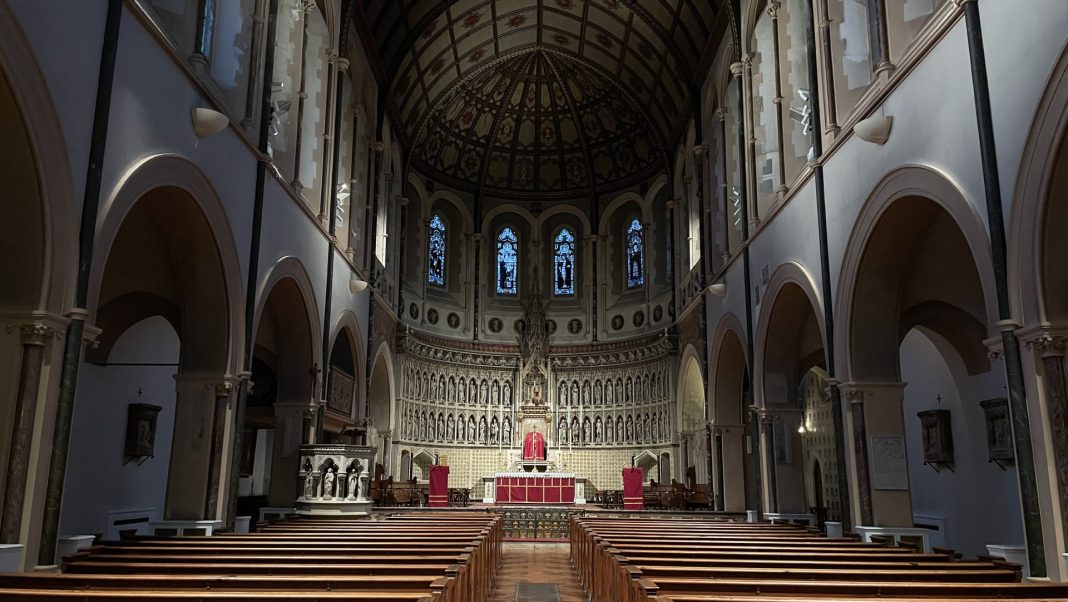The 19th-century Catholic theologian and Oriel College fellow Cardinal John Henry Newman has been conferred a series of honours by Pope Leo XIV.
Cardinal Newman was named “a patron of the church’s educational mission” last week, and was elevated to the status of Doctor of the Church over the following weekend. This title is given by the Catholic Church to saints deemed to have made a significant contribution to theology. Newman joins St Thomas Aquinas as a patron of education, and he is one of only 38 saints to be named a Doctor of the Church. He was further named Patron Saint of the Pontifical Urban University in Rome.
Newman was central to the Oxford Movement, a 19th century theological movement, which began in the 1830s. Originally an Anglican, he converted to Catholicism in 1845, after which he was forced to resign his Oriel fellowship. He was subsequently elected to an honorary fellowship at his alma mater, Trinity College, Oxford, in 1877.
One of Newman’s most influential texts was The Idea of a University, first delivered as a set of lectures at the Catholic University of Ireland (now University College Dublin). The work defends a liberal education, where knowledge is pursued for its own sake rather than for professional training.
Lord Mendoza, Provost of Oriel College, said: “[Newman’s] emphasis on the tutorial system of teaching and on the personal, moral and social development of students was adopted by every other college. It is in part to his credit and his The Idea of a University that Oxford is an exceptional place to study.”
Oxford University’s Newman Society, a student Catholic Society, is named after the theologian. It was founded in 1878 as the “Catholic Club”, and renamed with Newman’s permission in 1888.
Adam Gardner, president of the society, told Cherwell that the society was “ecstatic” about Newman’s elevation. He added: “It goes to show that [Newman’s] contribution as an academic in the University is recognised beyond the bounds of academia, and that he is on par with (arguably) the greatest Catholic theologian of all time, St. Thomas Aquinas.”
He also reflected on Newman’s position in English Catholicism: “With the memory of the penal times still in the minds of Catholics in England today, it is most wonderful to have a Saint so highly revered by the Universal Church being from England; that England has not been forgotten and is a land where Saints are born.”
Newman’s contribution to education goes beyond Oxford. He served as rector of the Catholic University of Ireland, and founded the Oratory School in Birmingham. But he continued to view Oxford as the best model for education, and is said to have chosen the Oratorians when joining a religious order because their organisation most resembled an Oxford College.
Samuel Troy, the Newman Society’s publicity officer, told Cherwell: “Among a lot of members of the society, there is a real sense that Newman is our friend. There aren’t many other saints who write about essay crises and finals stress, and it’s amazing that someone who feels so like a modern-day student has been declared a Doctor of the Church. In some ways, the proclamation of Newman as co-patron of Catholic Education makes the ‘Oxford system’ the educational ideal of the Catholic Church.”


